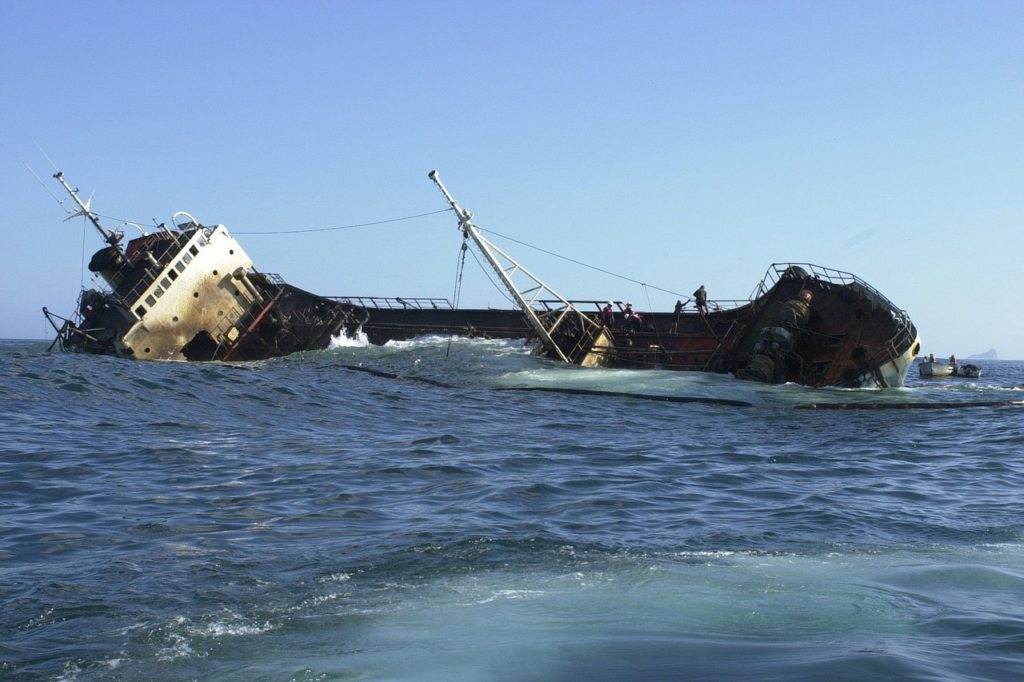CEO Coaching: Is Draconian Leadership Necessary?
 As I write this, the coronavirus is rampaging through China and making its way to other countries. The Chinese government announced “draconian” measures to try to stop the spread. Although daily life in China still seems to put state rights ahead of individual rights, they’re employing tactics that may achieve their goal of stopping the coronavirus while subjugating liberty and the pursuit of happiness — perhaps justifiably so.
As I write this, the coronavirus is rampaging through China and making its way to other countries. The Chinese government announced “draconian” measures to try to stop the spread. Although daily life in China still seems to put state rights ahead of individual rights, they’re employing tactics that may achieve their goal of stopping the coronavirus while subjugating liberty and the pursuit of happiness — perhaps justifiably so.
This got me thinking about leadership tactics in unhealthy organizations (i.e., turn-around situations) versus those that are hitting the mark. I have some experience with this, though experience and wisdom aren’t often the same! I did a couple of stints as a CEO in turn-around situations and was also a multiunit retail guy for many years where normal life is trying to fix a broken store, region or area. I’ve employed some “draconian” measures in those situations and also led healthy organizations. Do you have to lead differently in these two arenas?
Turn-around situations, similar to health emergencies, require speed, quick decisions, tough-mindedness and assertive behavior. You’re certain to piss off many people in your quest to save the organization. You’ll have to live with the fact that you’ll make mistakes in your quick decision-making, but the goal is to save the sinking ship and worry about sailing to you destination once righted.
That may sound harsh, but if you look at the words, how different is it from running a successful company? The difference, you might argue, is speed. I do not believe that turn-around situations demand secrecy, eschew collaboration (though perhaps with a smaller decision group) or require leaders to lead without a heart. In fact, I’d argue that the best tactics are to be honest as you make cuts (no doubt upsetting those whom you deem unnecessary or too expensive), allow your remaining leaders to help you with the decision-making and show the empathy that people deserve.
Much like deciding to quarantine a city in China, making snap decisions in a failing business (often literally within hours) to eliminate projects, jobs, business lines, unprofitable customers and hard assets requires tough-minded leadership. If you have empathy, this isn’t fun. It doesn’t, however, require you to be belligerent or stuff your emotions or hide from those who are negatively affected. You are, at the end of the day, doing good work if you are saving the company (people’s jobs) and giving those people the opportunity to continue to provide value to customers.
If, on the other hand, you’re on cruise control and running a successful business, you might think: “What if I have to reduce expenses by X%?” “What if I have to gin up a bunch of new revenue quickly?” “What if a disruptive company enters our space with a killer product?”
Leadership is hard. I don’t know many who get through an entire career without a catastrophic event. Best to be prepared. However, maybe you already have the skills and just need to “speed it up.” If that’s the case, do it while you can take less draconian measures. People and assets can perhaps be redeployed rather than eliminated. You may be able to act more graciously now rather than waiting for the brick wall to appear.
Leaders who put their heads in the sand and wait for disaster to strike create a lot more misery than those who are future-focused and willing to make tough decisions early. In the end, they’re much less draconian.
If you are a CEO or senior leader in mid-market company and would like to have a free 20-minute consultation (e.g. to discuss a current challenge), click here to set up a time.

coaches CEOs to higher levels of success. He is a former CEO and has led teams as large as 7,000 people. Todd is the author of, Never Kick a Cow Chip On A Hot Day: Real Lessons for Real CEOs and Those Who Want To Be (Morgan James Publishing).
Connect with Todd on LinkedIn, Twitter, call 303-527-0417 or email [email protected].
